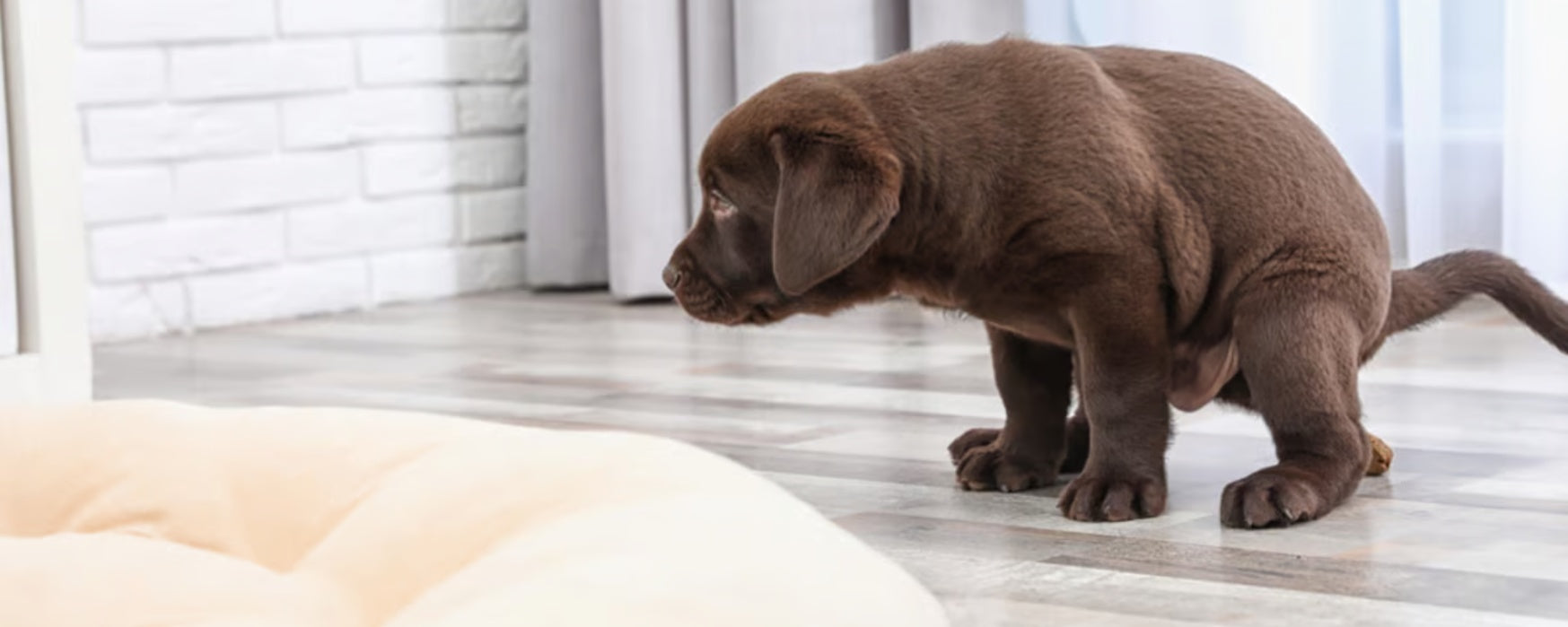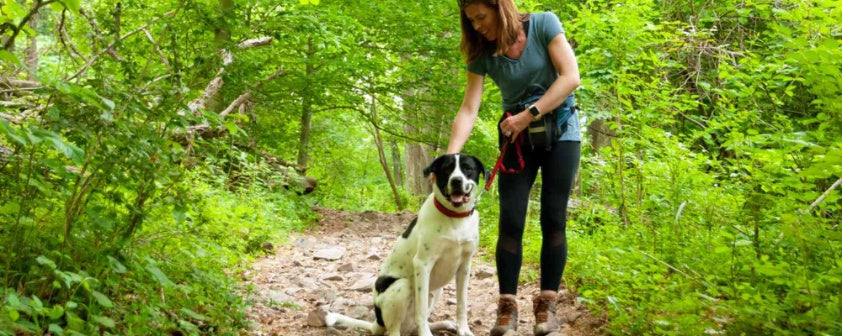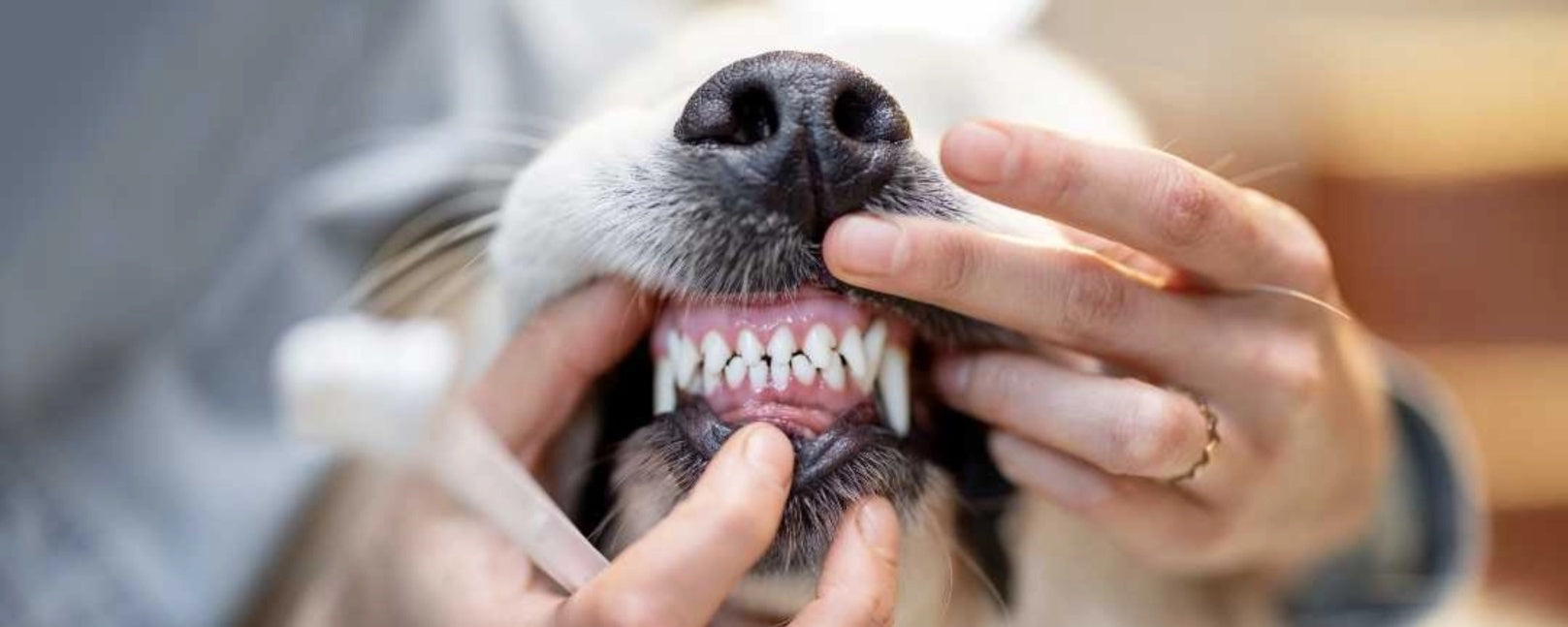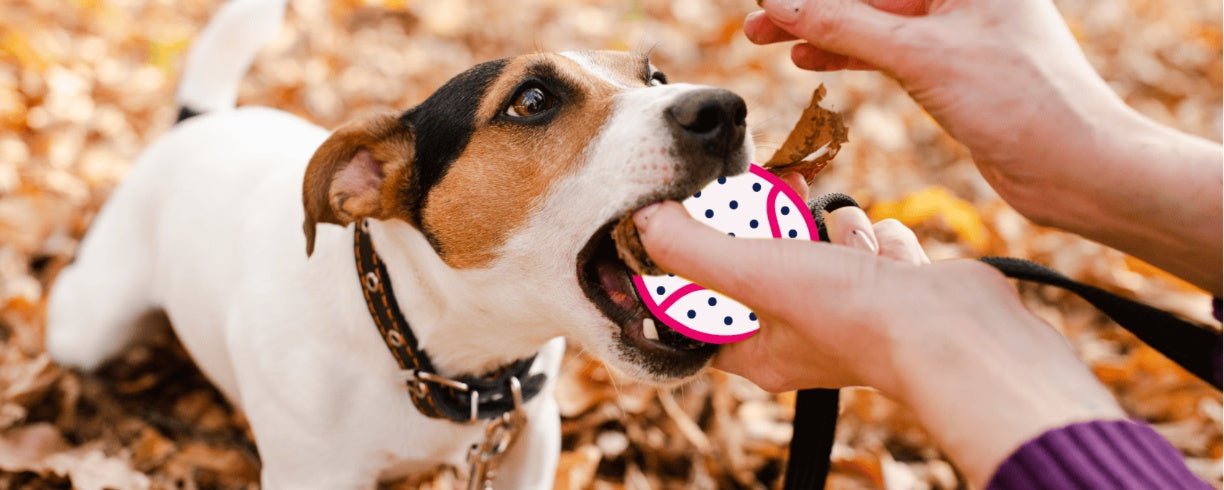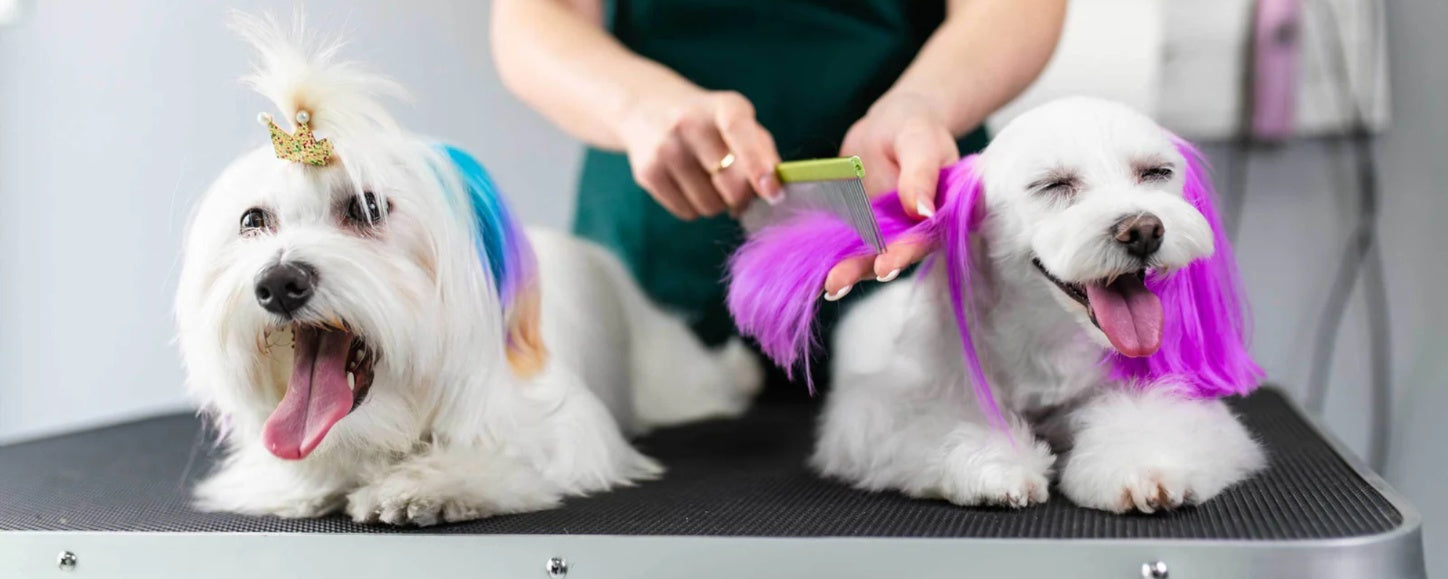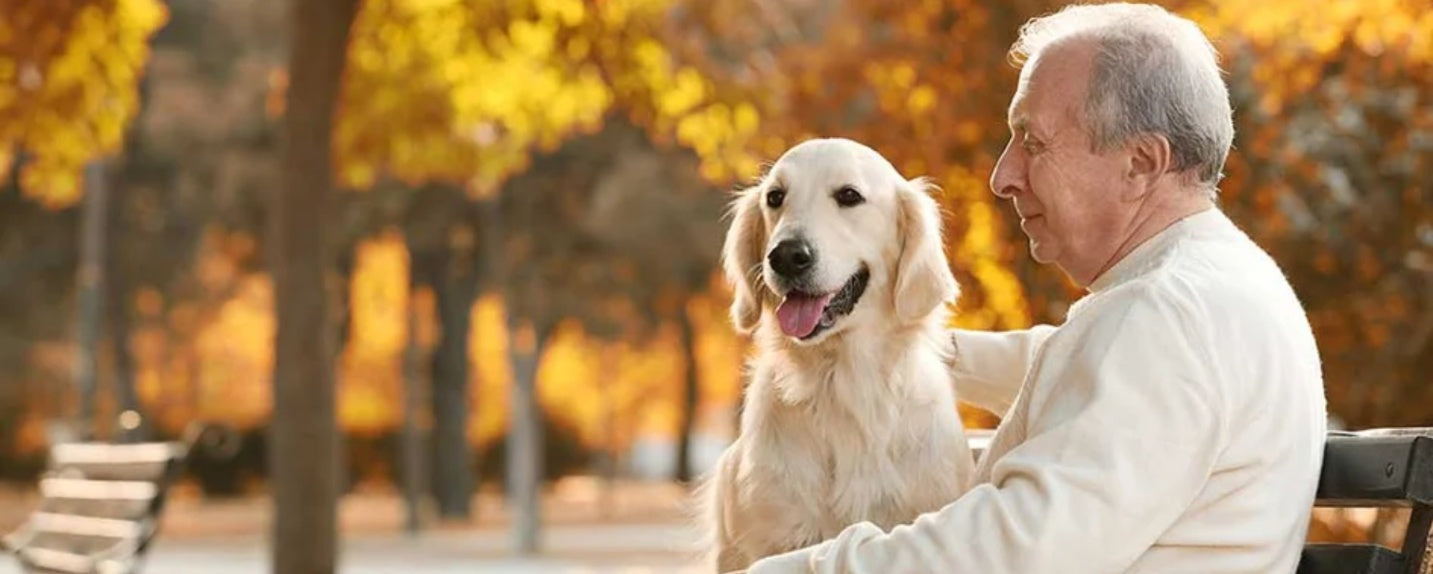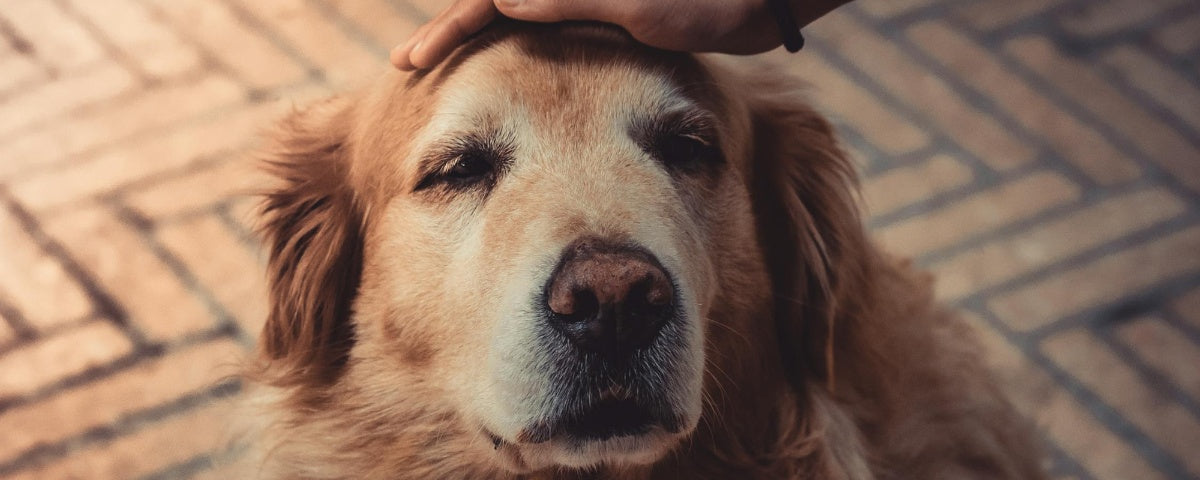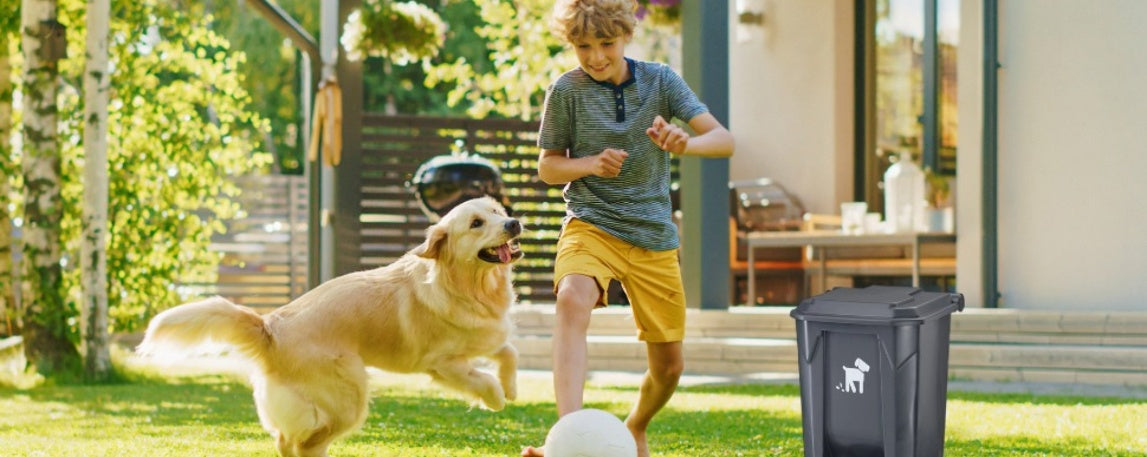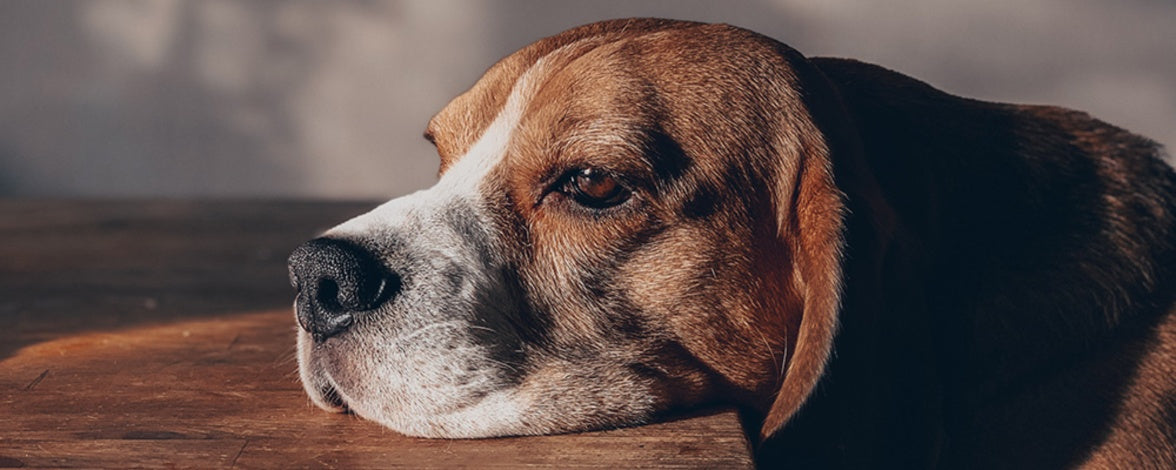If your dog has started pooping indoors despite being house-trained, you’re not alone. This issue can be both frustrating and concerning, especially when you’re unsure of the cause. The good news is that identifying the reasons behind this behavior and implementing effective solutions can help you regain control of your dog's habits
Why Is My Dog Pooping in the House?
Health-Related Causes
Medical issues are one of the most common culprits for indoor accidents. If your dog suddenly starts pooping indoors, it’s essential to rule out conditions like intestinal parasites, food allergies, or inflammatory bowel disease (IBD). Parasites such as Giardia, roundworms, and hookworms can upset a dog’s digestive system, leading to diarrhea and a loss of control. Similarly, food intolerances or allergies can cause gastrointestinal distress, resulting in indoor accidents. Dogs with chronic conditions like IBD may find it challenging to maintain bowel control. Age-related problems like fecal incontinence or canine cognitive dysfunction, which causes confusion, are also contributing factors, particularly in older dogs. Additionally, infections caused by bacteria or viruses may lead to sudden digestive issues. A visit to the veterinarian is essential to identify and treat these potential medical problems effectively.
Behavioral Issues
Behavioral changes often cause dogs to defecate indoors. Stress and anxiety are significant contributors to such incidents. Loud noises, like fireworks or thunderstorms, or environmental changes, such as a new family member or home, can make a dog feel uneasy. Separation anxiety is another common cause where a dog defecates indoors due to distress when left alone. Dogs experiencing anxiety often exhibit other behaviors like pacing, barking, or destructive chewing. In some cases, training regression can occur if a dog wasn’t fully house-trained or hasn’t practiced proper habits in a while. Behavioral causes often require addressing the root stressors and reinforcing proper training to correct the issue.
Changes in Routine or Environment
Dogs thrive on routine, and any disruption to their established habits can lead to accidents. A sudden change in your dog’s schedule, such as altered meal times, reduced walks, or infrequent bathroom breaks, can confuse them. Similarly, moving to a new house or introducing new people or pets to the home may cause temporary disruptions in their elimination habits. Dogs in unfamiliar surroundings may not know where they’re supposed to go or feel uneasy about eliminating outdoors. To help your dog adjust, it’s crucial to maintain a consistent feeding, walking, and bathroom schedule, while closely supervising them during periods of change.
How to Fix the Problem
Rule Out Medical Issues
The first step is to consult a veterinarian to rule out any health-related causes. Medical conditions like parasites, inflammatory bowel disease, or infections need professional treatment and cannot be resolved without proper diagnosis and care. Your vet may perform a stool sample test, recommend dietary changes, or prescribe medications to address underlying problems. By addressing medical issues promptly, you set the stage for resolving the behavior.
Reinforce House-Training
Even dogs that were previously house-trained may benefit from a refresher course to re-establish their habits. Consistency is key to successful house-training. Stick to a strict routine for feeding, bathroom breaks, and walks to help your dog develop predictable elimination patterns. Supervision is crucial, especially during this retraining phase. When you’re unable to supervise, confine your dog to a clean, safe area to minimize the chances of accidents. Positive reinforcement, such as treats and praise, when your dog eliminates outdoors, can encourage them to repeat the desired behavior.
Address Stress and Anxiety
If stress or anxiety is causing the accidents, it’s essential to create a secure and calming environment for your dog. Identify specific stressors—such as loud noises or separation—and address them gradually. Desensitization techniques and positive reinforcement can help reduce fear of triggers like thunderstorms or fireworks. For dogs with separation anxiety, creating a safe space, using calming aids like pheromone diffusers or anxiety wraps, and practicing short absences can help. If your dog’s anxiety is severe, consult a veterinarian or pet behaviorist for specialized advice and possible therapeutic solutions.
Manage Age-Related Challenges
Older dogs often require adjustments to their routines and care to accommodate age-related issues. Dogs with conditions like cognitive dysfunction or weakened muscles may need more frequent bathroom breaks to prevent accidents. In some cases, using dog-friendly diapers or incontinence pads can help manage the problem. Additionally, providing easy access to outdoor areas, such as ramps or shorter steps, ensures that mobility challenges don’t hinder your dog’s ability to reach their designated elimination spot.
Maintain a Healthy Diet
Your dog’s diet plays a critical role in their digestive health. Sudden dietary changes can upset their stomach, leading to accidents. Transition to new foods gradually, mixing the old and new diets over 7–10 days to prevent gastrointestinal distress. High-quality, vet-recommended dog food tailored to your dog’s age and size is essential for maintaining a healthy digestive system. Avoid feeding table scraps or unapproved foods, as they may cause stomach upset or trigger allergies.
Clean Up Accidents Properly
Properly cleaning up after accidents is crucial to prevent future incidents. Dogs are highly sensitive to smells, and even a faint odor of waste can attract them back to the same spot. Use enzymatic cleaners to thoroughly remove all traces of odor from the soiled area. Avoid using ammonia-based cleaners, as the smell may resemble urine and confuse your dog.
When to Seek Professional Help
If your dog continues to have accidents despite your efforts, it may be time to seek professional assistance. A veterinarian can identify persistent medical issues, while a professional dog trainer can help address training-related problems. For severe anxiety or behavioral concerns, a pet behaviorist can provide specialized strategies and therapeutic interventions.
Preventing Future Accidents
Preventing accidents starts with maintaining good habits and proactive care. Regular vet checkups can catch potential health issues early, while consistent exercise helps regulate digestion and reduces stress. Observing your dog’s body language can help you recognize when they need to go outside, allowing you to act promptly. By being attentive to your dog’s needs and maintaining a routine, you can significantly reduce the chances of future accidents.
Conclusion
Indoor accidents can be a frustrating challenge, but with patience and persistence, you can identify the root cause and resolve the issue. Whether it’s a health problem, anxiety, or a change in routine, addressing the underlying cause with the right strategies will help your dog return to their house-trained habits. Remember, consistency and positive reinforcement are essential for success. With time and effort, you’ll not only fix the issue but also create a happier and healthier environment for your dog.

